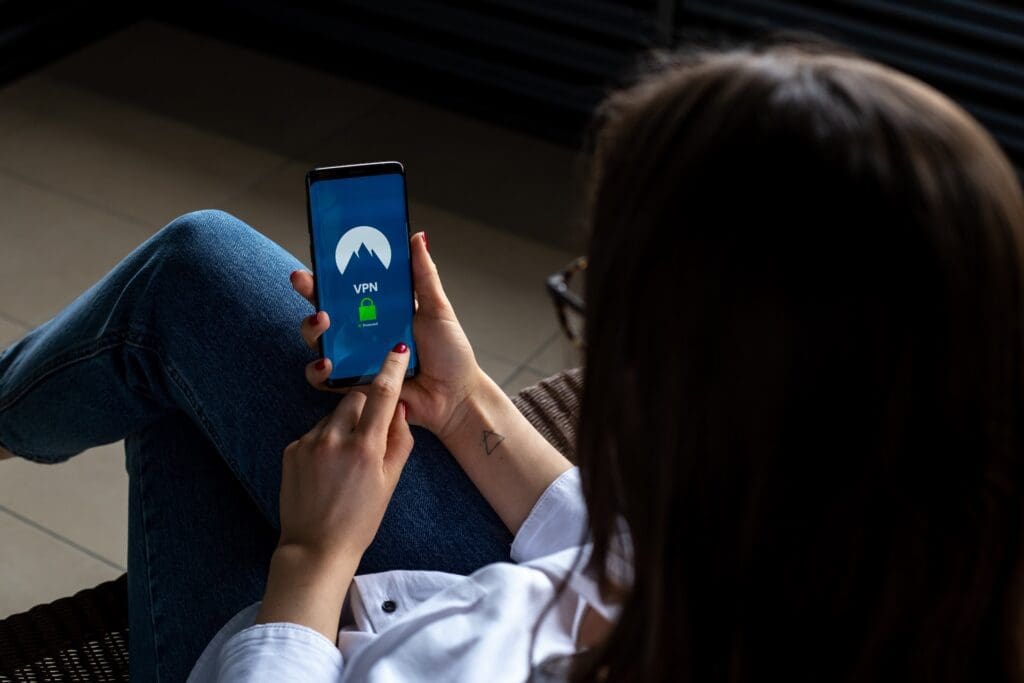A VPN, which stands for a Virtual Private Network, is a service that helps in encrypting your data and hiding your IP address by bouncing your network activity through a secure chain and rendering it to another server miles away. By doing so, your online identity is obscured when using your data or even when you are connected to public Wi-Fi networks. It also ensures you are free to browse the internet safely, securely, and anonymously and helps you not to leave any digital footprint. The work a VPN does goes beyond guaranteeing and providing privacy. There is a wide range of things you could do or achieve with a VPN. This article is a pointer on the benefits of a VPN.
Table of Contents
Why Should I Always Use A VPN?
There are a lot of pros that outweigh and outnumber the cons of using a VPN. They include :
Access To Any Content in Any Place
A VPN provides you premium access to any site that is location restrictive. With a VPN, you could be on your sofa and unlock places you never knew existed. Although channels like Hulu may frown upon your use of a VPN to stream the latest episode of your favorite TV show in a country where the content is not offered, the use of a VPN is not illegal in the U.S. and most countries around the world. That simply means you can get the chance also to watch TVB online irrespective of your location. It also helps in providing a helpful workaround to content restrictions. VPNs spoof your location and make it look as if you are browsing from another place. That means you can watch your favorite TV show even if it is unavailable at your location.
Hides Your IP Address And Location
In a situation where anyone gets to capture your IP address, the person can gain access to what you search for and your location when you searched. You could think of or describe your IP address as the return address you’d put on a letter. It will always lead back to your device. Since a VPN uses another IP address, you can maintain online privacy and search the web anonymously. You are also protected from having your search history gathered, viewed, or sold. It is crucial to remember that your search history can still be considered if you use a public computer or one provided by your employer, school, or other organization.
Prevents Identity Theft
Identity theft can occur when thieves steal your personal information and commit crimes with it by using your name to do things like taking over or opening new accounts, filing tax returns in your name, or renting or buying property. A VPN helps protect you against identity theft by keeping your data safe. It creates an encrypted tunnel for the data you send and receive that’s out of reach of cyber thieves. If your smartphone’s Wi-Fi is enabled at all times, your device is very vulnerable without your knowledge.
Everyday activities like online shopping, banking, and browsing can put your information out there, making you a vulnerable target for cybercrime. Some activities though can put you in more danger. With mobile FinTech apps such as banking and digital wallets being used more often, cyber criminals are focused on hacking these to have direct access to your money. Before buying digital currency like Bitcoin or transfering money on your banking app, make sure you secure your internet connection.
With a VPN, you can securely share or access information from your device. This is particularly important if you are using a public wireless network to access the internet, as a cybercriminal using the same network may be able to capture your login credentials and credit card information you enter when you shop online. Of course, you can not completely prevent identity theft. It is almost impossible. Some security aspects like a data breach at an organization with an account are out of your control. But with a VPN, you can help safeguard the information you send from and receive on your devices.
Bypass Government Internet Ban
Many countries do not subscribe to the idea of providing free and open internet to their citizens. You might just discover that your internet access is limited while on a trip because the government has blocked certain websites. In countries like China specifically, the internet is highly censored, and blocked websites include popular social media platforms like Facebook; Nigeria also prevented citizens from using Twitter. Suppose you want to access these sites while in China; you will need the services of a VPN to break the barrier. A VPN is effective in this regard since it routes your internet traffic through a server in a foreign country, which does not have any censorship. VPN services will let you choose from hundreds of server locations in countries worldwide, meaning you can bypass these restrictions easily and choose which country you connect from.

Having a VPN is necessary to fall back on. It offers you premium access to whatever you want on the internet without compromising your location, which could pose a cybersecurity threat. In addition, VPNs provide excellent internet security for your private data.
Featured Photo by Dan Nelson on Unsplash




